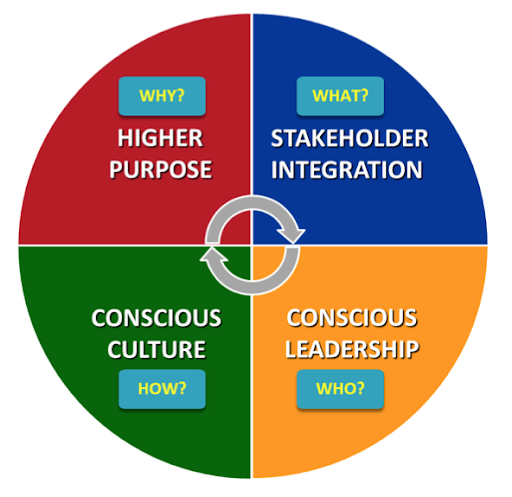You don't have to be in a position of authority to be a good leader and we can show that through our communication. To paraphrase Simon Sinek, “Leadership is irrespective of what level we are at.“ When you start a business there is a method and there are things you need to do in order to build it up. In business you have to set certain goals that you want to achieve and then act towards achieving those goals. Once you have defined your goals and begin to pursue them with your team you will find that obstacles continuously arise as you go towards it.
Whenever you create something new, it’s rarely a smooth progression, you will have to overcome obstacles along the way in the form of people or situations that go wrong. I think that when an obstacle arises, immediately face the obstacle which can come in the form of a situation, for example, something is not working or something is going wrong or perhaps somebody is trying to sabotage you. What is your relationship to difficulties and obstacles that arise as you travel towards your goal? Contact me via e-mail as it's very helpful to share our stories with others as doing so will help you process your emotions.





















